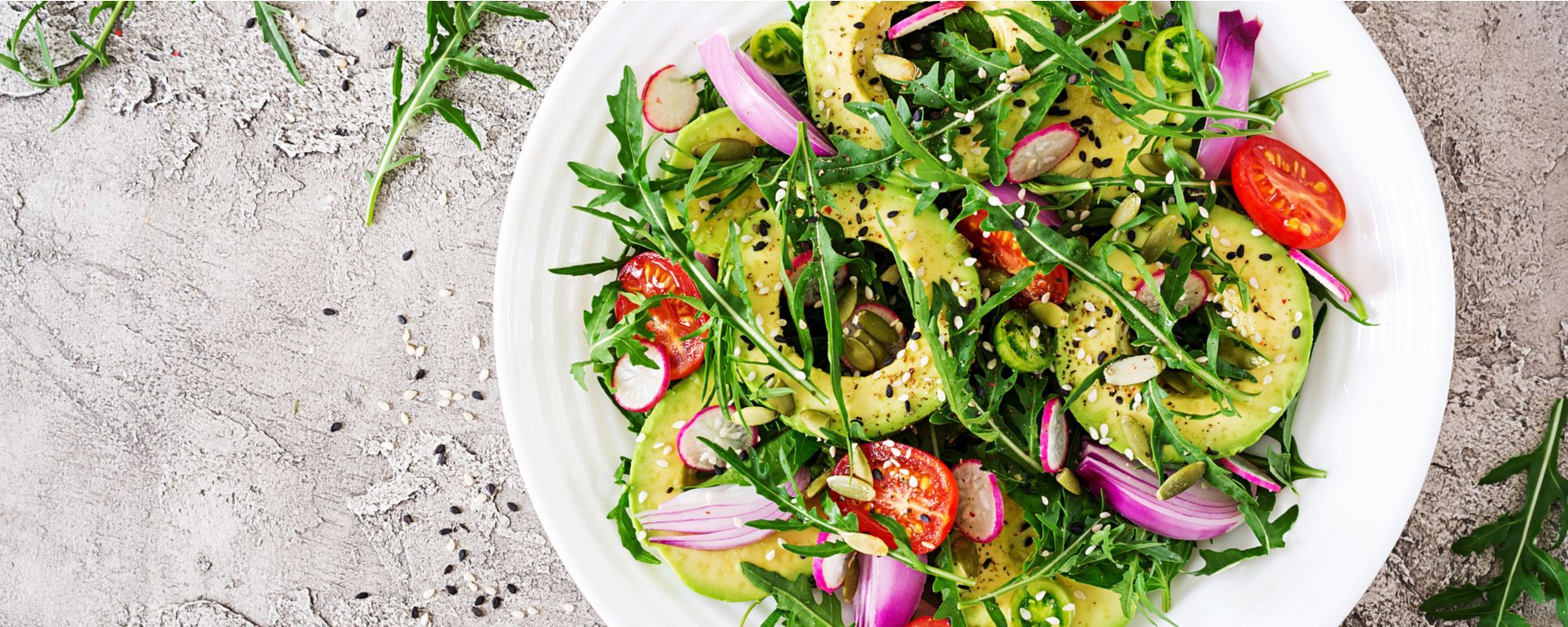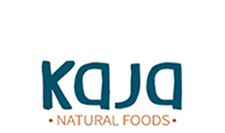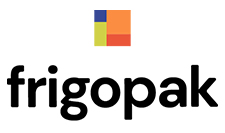Veganism, vegan nutrition, vegan food, vegan menu, vegan products, or vegan recipes... Aren't they concepts you've seen a lot lately? Maybe you see the word vegan on liquid soap when you buy it in a grocery store, maybe on the label of a sweater in a clothing store. So let's take a quick look at what veganism means, what vegan nutrition is like, what vegans don't eat or what they eat, the harms of being vegan, the benefits of vegan nutrition.
What is Veganism? Who is Vegan?
Veganism is a way of life based on rejecting all kinds of animal products. A vegan who has embraced veganism as a way of life strongly opposes the idea that animals are for humans. He argues that every living thing has the right to an equal life. Veganism and vegan nutrition have recently entered our lives as a popular concept, but the history of veganism dates back to 1944. An association was formed under the name of the Vegan Society under the leadership of Donald Watson, and the questions of what veganism is and what vegan nutrition should be are explained in its broadest definition and as it is today, for the first time in England. November 1 is celebrated as World Vegan Day every year from the 50th year of the foundation of the Association.
What is Vegan Nutrition?
Vegan nutrition is a diet that completely refuses to consume animal products and focuses on organic and natural vegetables, fruits, grains, and legumes.
Vegan nutrition is never a state of deprivation. It is possible to create delicious vegan dishes by adding some creativity and getting help from vegan recipes. Soybeans and similar legumes help you maintain veganism comfortably without being away from the flavors your palate is accustomed to. It is possible to prepare delicious vegan recipes with products such as tofu or soya mince obtained from soy milk and to regain the flavors you are used to.
What Don't Vegans Eat?
Basically, vegans do not consume red meat, chicken meat, fish meat, all kinds of seafood with or without shells, milk and dairy products (such as yogurt/cheese/butter), honey, and eggs.
What Do Vegans Eat?
Considering all animal-derived foods are rejected in vegan nutrition, the question of what vegans eat and how vegans eat springs to mind. Vegetables, fruits, legumes, and grains are the nutrient groups allowed in the first place when it comes to vegan nutrition. Vegan snacks derived from legumes or grains are also indispensable for vegan menus. Vegetable oils such as olive oil, hazelnut oil, soy milk, coconut milk, rice milk are also frequently used in vegan recipes.
Is Being Vegan Harmful?
It's a little difficult to make precise judgments like being vegan is harmful, or vegan nutrition is very healthy. The proportion of those who claim the opposite is not small, although some studies and expert opinions say that vegan nutrition is very accurate in terms of health. It's actually kind of up to the person himself. The point to be considered is to focus on organic and natural nutrition as much as possible and to adequately take the protein, iron, calcium, vitamins, and minerals needed for the body.
Harms of being vegan include fatigue due to vitamin B12 deficiency, anemia, or muscle loss due to protein deficiency. So what are the advantages of vegan nutrition? The first advantages that spring to mind are more comfortable weight loss, rarer cardiovascular diseases, better functioning of the kidneys, and healthier skin.
How Do Vegans Meet Vitamin Needs?
The most important reason why some people stay away from vegan nutrition and fear of being vegan is providing the body with vitamins that cannot be taken without animal-derived products.
Vitamin B12 is mostly taken as an external B12 supplement in vegan nutrition, although vitamin B12, which is known to be very important for body health, is found in some fungal species. They get vitamin A from foods such as parsley and lentils; vitamin D from vegetable milk such as soy milk, almond milk; vitamin E from foods such as almonds, avocados, pine nuts; vitamin C from foods such as kiwi and bell pepper. Vitamin supplements act as a lifeline when foods are not sufficient.
A Sample Vegan Menu for You
It is a very wrong point of view to define vegan nutrition as just staying away from animal products. The indispensable part of vegan nutrition is to turn to natural and organic products. The protection of body health, which is one of the aims of vegan nutrition, is fully fulfilled by avoiding protective and additives, only in this way. Jr. SousChef meets your needs with all its organic and natural products in this context. Be sure to use natural and organic products in your daily vegan menus or vegan recipes. Below is a one-day sample diet for vegan nutrition;
Breakfast:
One slice of whole-grain bread
Vegan cheese
5/6 olives
1 sliced cucumber
One coffee cup of green tea
Lunch:
Tomato soup made with Jr. SousChef's Organic Tomato Purée.
1 plate of green lentil dish
Potato salad
Snack:
1 green apple
Dinner:
Baked vegetables
1 plate of spaghetti flavored with Jr. SousChef's Organic Thyme Pasta Sauce
Vegan cacik
Plenty of greens
You can provide convenience in your daily life by choosing Jr. SousChef's organic and vegan products. You can review the Jr. SousChef’s products page and order easily and quickly.



